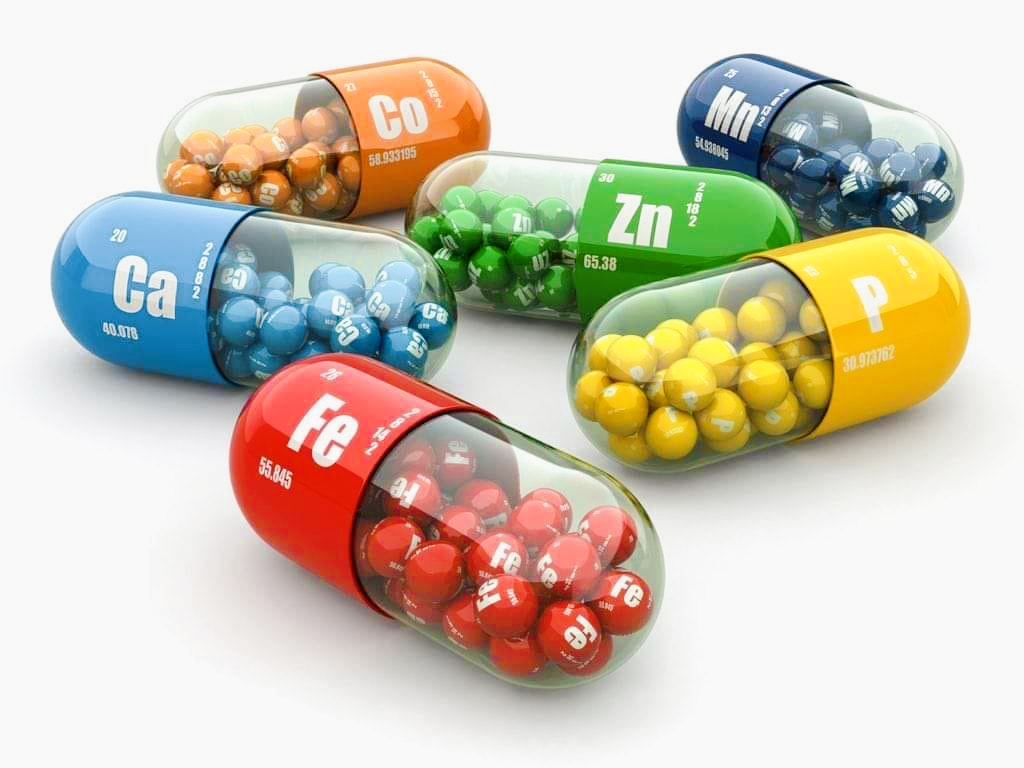5 Dietary Supplements That Protect You from Colds and Flu Better Than Vitamin D

With the onset of winter and the increase in respiratory illnesses—from colds and flu to respiratory syncytial virus and COVID-19—health experts warn against relying solely on vitamin D to boost immunity, emphasizing that there are other nutritional elements that are equally important in supporting the body's defenses during this season, which doctors describe as the "quadruple epidemic."
According to a report published by the British newspaper "Daily Mail," Dr. Donald Grant, the chief clinical advisor at "The Independent Pharmacy," recommended focusing on five key dietary supplements that contribute to protecting the body from seasonal infections and maintaining energy and vitality during the long cold months.
1 _ Vitamin "C" .. The Immunity Shield and Primary Antioxidant
Vitamin C is one of the most important vitamins that the body needs, as it cannot produce it on its own.
This vitamin helps strengthen the immune system and protect cells from damage while fighting infections, and it also aids in wound healing and improves iron absorption.
Adults are advised to consume about 40 milligrams daily from natural sources such as citrus fruits, bell peppers, berries, or through dietary supplements when needed.
2 _ Zinc .. Your Early Weapon Against Colds
Zinc is one of the essential minerals that activate immune cells and help heal tissues.
Studies indicate that taking zinc in the early days of a cold can alleviate symptoms and shorten its duration.
Zinc is abundant in red meats, eggs, and seafood, and it can also be obtained as a dietary supplement to support immunity during winter.
3 _ Magnesium .. Your Ally on Dark Days
Magnesium plays a crucial role in over 300 vital functions within the body, including supporting the nervous system and regulating mood and sleep.
Dr. Grant confirms that taking it in winter contributes to improving sleep quality and reducing fatigue caused by shorter daylight hours, as it is involved in the production of melatonin, the hormone responsible for regulating the biological clock.
Magnesium can be obtained from nuts, whole grains, legumes, or from dietary supplements when needed.
4 _ Omega-3 Fatty Acids .. Food for the Heart and Brain
Omega-3 fatty acids are among the most important healthy fats that the body needs, specifically their two types:
• EPA (Eicosapentaenoic Acid)
• DHA (Docosahexaenoic Acid)
These acids help support heart, brain, and vision health, in addition to their role in combating inflammation.
It is recommended to consume between 450 and 500 milligrams daily of EPA and DHA combined.
Some of their prominent natural sources include fatty fish such as salmon, mackerel, and sardines, along with plant-based alternatives like flaxseeds and walnuts.
5 _ Probiotics .. Immunity Starts in the Gut
Experts indicate that digestive health is the key to immunity, as beneficial bacteria in the gut help absorb nutrients and resist harmful organisms.
This beneficial microbiota can be enhanced by consuming fermented foods such as yogurt, kefir, natural pickles, or through probiotic supplements available at pharmacies.
Doctors confirm that the balance between these five elements—along with a varied diet, sufficient sleep, and moderate physical activity—represents the best natural line of defense for the body against winter illnesses, without the need to excessively consume vitamins or supplements randomly.
* The Most Important Message:
Immunity is not just one vitamin;
but a comprehensive system of elements and balances that starts from food and ends with lifestyle.
